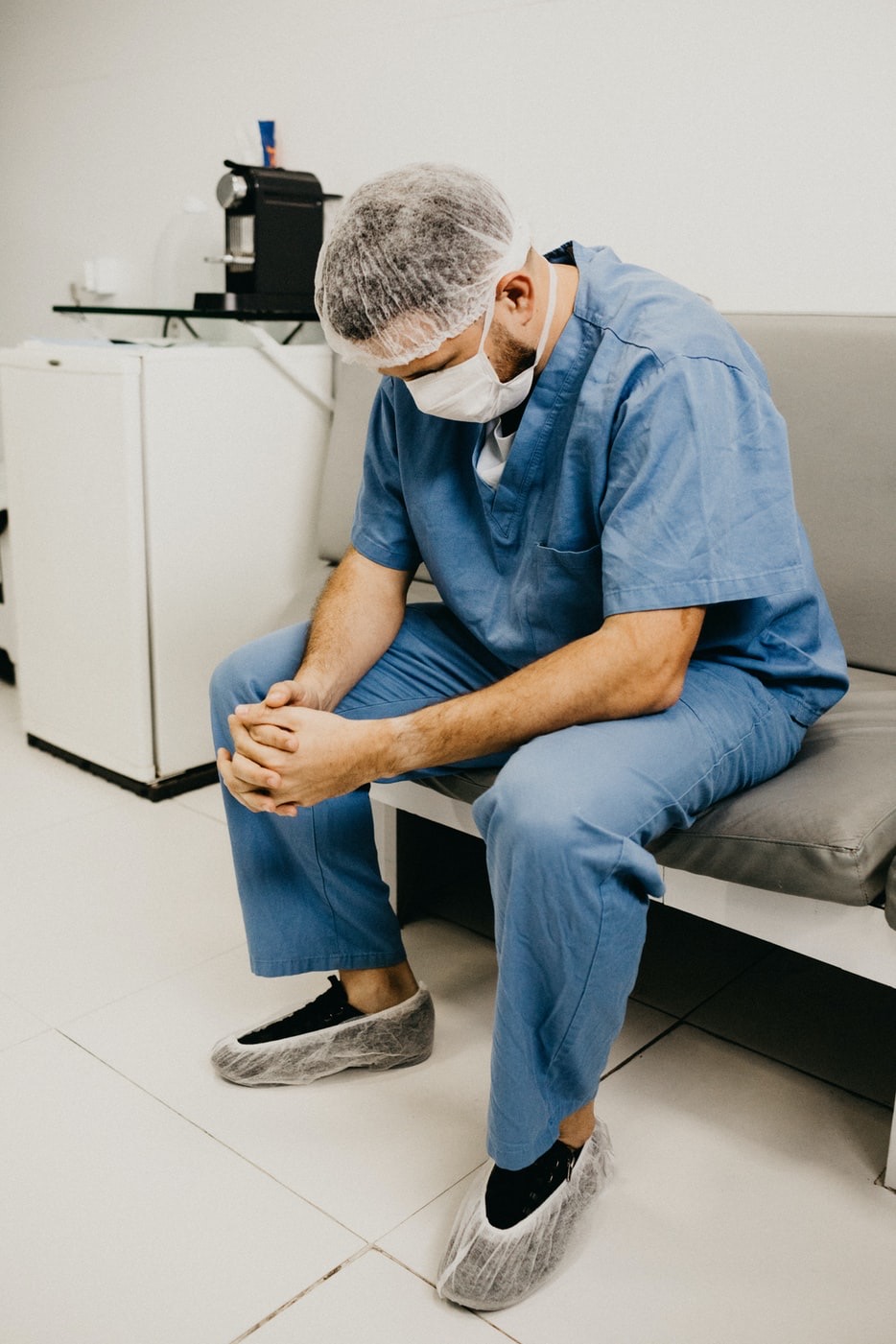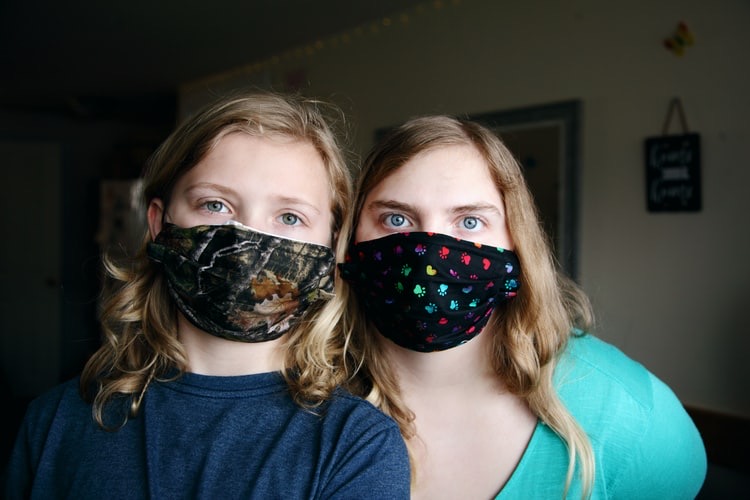
Managing Displaced Anger During Difficult Times
by Counseling and Wellness Center of PittsburghMay 27, 2020 anger management counseling, greensburg counseling0 comments
Managing Displaced Anger During Difficult Times
It has been said that anger is a secondary emotion, triggered by preceding fear, rejection, hurt feelings, humiliation, and sadness. With the current pandemic, restrictions on our daily activities, the uncertainties of our futures and our medical and financial wellbeing, it is no wonder people have been on edge. This disruption has been...Learn More
Sexual Wellness and ‘Self Care’
by Counseling and Wellness Center of PittsburghMay 21, 2020 self care month, sex therapist, sexual wellness, Uncategorized0 comments
May is Self Care Month! In honor of that, let’s explore a form of self care that might not be the first thing you think of when you think about wellness. When the oxygen masks drop on the plane you always put on your own before helping someone else. This is self-care. The actions you take to keep all dimensions of your own health (physical, emotional, social, spiritual, mental) as strong...Learn More
Coronavirus and Health Care Workers Mental Health
by Counseling and Wellness Center of PittsburghMay 11, 2020 doctors and suicide, health care coworkers and coronavirus, pandemic and self care for doctors0 comments
Health Care workers are among the most vulnerable populations right now with the Coronavirus impact. It is not what we initially think, but those who are battling the epidemic and caring for our sick are also some of the most vulnerable. Particularly those who are front line workers who are exposed to those who have or could have Covid-19 infections. With concerns about the well-being...Learn More
Tips for Co-Parenting during Quarantine Coronavirus
by Counseling and Wellness Center of PittsburghMay 11, 2020 corona virus and shared custody, family counseling during corona virus0 comments
Tips for Co-Parenting during Quarantine Coronavirus
It is always important for parents to be on the same page when it comes to their children, perhaps it is even more important that parents take the time create an atmosphere of predictability and consistency in shared custody and co-parenting family dynamics. The family counseling community has seen many examples of damaging dynamics...Learn More
